Nowadays people treat their cell phone with more reverence than Gollum treats the One Ring. Keeping it close, always checking it, occasionally calling it My Precious…
That’s despite some of the negative effects that can come along with it. Quite often you can be sat in bed scrolling through Tik Tok, or messaging with friends when suddenly you feel it coming. The onslaught. A small ache between your eyes that soon grows into a full-blown headache.
Spending too much time on your cell phone can easily lead to digital eye strain and fatigue, causing headaches.
But why does your cell phone cause this? And can you prevent it so you can stay online for longer? Let’s take a look.

The different types of headaches and their symptoms
Unsurprisingly people are spending more and more time on their cell phones. According to Statista, in 2022 usage reached an all-time high with the average American spending 263 minutes a day on their cell phones. That’s nearly an hour more than just three years earlier in 2019.
The effect cell phones have on our daily lives is undeniable. Unfortunately it can also have negative health impacts as many studies have linked excessive cell phone usage to certain effects like back pain, sleep disorders and sight degradation.
Plus, if our sight starts to degrade it can lead to headaches, usually due to forced squinting.
It’s been proven that the longer spent in front of screens, whether that’s your cell phone, computer or TV; the more chance there is of negative effects like headaches and digital eye strain. The likelihood of suffering from these effects is only increased when your usage is high intensity and recurrent.
Incessant headaches can impact your general health and ability to withstand the rigors of daily life. But by identifying the type of headache you’re suffering from; you can more easily learn the best tips and tricks for relieving it.
There are multiple different types of headaches, but we’ve broken down the most common below:
- Tension headaches: Tension headaches are when the pain occurs on both sides of the head and encompasses the entire surface of the skull. This tension can be felt in the head as well as in the neck, temples and/or forehead and the headaches can be episodic or chronic. The most common causes of tension headaches are stress, or muscle, or neck problems, with poor posture during screen time being the most common cause of those pains.
- Migraines: These can vary in strength and intensity but are usually highly unpleasant and can feel like Deadpool is repeatedly punching you in the face. Migraines often come accompanied by other equally as unpleasant symptoms such as nausea and/or vomiting, and a sudden sensitivity to light. While the causes of migraines are plentiful, certain factors definitely play more of a part than others. All kinds of things can impact it: dealing with particular stress, sudden environmental or temperature changes, certain noises and smells, consumption of certain foods like chocolate, meat or alcohol, lack of sleep, smartphone usage and even hormones can play a part.
Why do smart phone screens cause headaches?
There’s a new phobia sweeping the nation, instead of FOMO people are now suffering from Nomophobia – the fear of being away from your cell phone.
Cell phones are useful in almost every aspect of your daily life, which means we’re constantly checking them, checking in, or checking out something on screen. This has led to some of us feeling panicked and detached if we don’t have easy access to our mobile phones.
Without the ability to instantly check messages, emails, videos or even just browse, some will experience feelings of nomophobia, which can impact your mental health.
But as well as your mental health you need to address your physical health and why cell phones and headaches are so closely linked.

Eye fatigue
Your phone's screen emits electromagnetic waves that can affect eye health. Cell phone screens produce a strong blue light, which is aggressive for our eyes and can, over time, lead to visual fatigue; especially if you spend long hours on it.
By starting up yet another battle of Clash of Clans or Candy Crush, you’re putting excess strain on your short vision, requiring a huge amount of effort from your eyes to stay focused. This is when you’re most likely to suffer from signs of visual fatigue (also known as asthenopia).
Symptoms of digital eye strain include:
- 🎯 Reduced visual acuity
- 👯♀️ Blurred or cloudy vision
- 🌵 Dry eye
- 🔴 Eye irritation, redness
- 🫣 Increased sensitivity to light
- 😵💫 Dizziness
- 🤯 And of course… headaches!
Lack of sleep
If that Candy Crush game was late at night, then digital eye strain isn’t the only thing you need to worry about. The blue light emitted from cell phone screens also disrupts your circadian rhythm, meaning your natural sleep-wake cycle. That’s because it blocks the production of melatonin, which is the hormone that tells your body when it’s time to go to sleep.
Therefore if you’re someone more likely to be on their smartphone right before bed, then you’re also more likely to suffer from insomnia or interrupted sleep patterns. And when you sleep badly, you’re more likely to suffer ill effects like headaches.
That final check of Instagram might be one you come to regret when you wake up in the morning not having got a good night’s sleep and with a headache on top to boot.
Text neck syndrome
Believe it or not, that is a real thing!
Text neck syndrome leads to bad posture which can lead to… you’ve guessed it… headaches!
But what is text neck syndrome?
Text neck syndrome is where someone walks around with their head pushed down into their chest for prolonged periods of time because they’re busy staring at their cell phone. This leads to chronic pain and headaches.
This pain is particularly bad as it can radiate down your neck and shoulders, causing increased muscle tension and therefore, even worse headaches. If people have ever told you you have a big head; it might be time to start believing them.
This occurs because our neck is extended forward when looking down, which crushes the natural curve of the cervical spine. In this position, our big heads weigh even more, meaning our muscles need to work harder to support it. This creates tension in the cervical spine, exacerbated by your saggier posture. This leads to an imbalance between the neck and shoulder muscles which can culminate in a pretty bad headache.

Visual noise on phone screens
All these hours spent on smartphones means your eyes needs to learn how to adapt. Especially when there are lots of different elements your eyes need to adapt to, quickly. Such as:
- 🔤 Different character and font sizes between text messages, emails and online articles that you read on your smartphone
- 💡 Screen brightness and backlight changes
- 🪞 Reflections on the screen
- 🧐 The shortening of the distance between your eyes and what you read on your phone
In trying to compensate for all these changes, our eyes put in a bit of extra effort. If they have to do that for too long; however, they’ll start to feel that all too familiar eye strain and headache.
Screen brightness and reflections
Quite a lot of people have their phone brightness set all the way up like you’re staring directly into the sun. However, this is not the most effective, or most pleasant, way to look at your screen.
Ideally, your cell phone brightness should match the ambient light of where you’re at, adjusted to fit the correct context. That’s because if it’s too strong in relation to your surroundings, your eyes will strain to clearly see the content displayed, and from there the path leads straight back to headaches again. Those of you who permanently have dark mode on aren’t necessarily any better either. It’s always about the environmental lighting around you.
Even if your cell phone brightness is perfectly adjusted, you can still suffer thanks to the relfections on your screen. This is particularly apparent when you try and look at your phone in direct sunlight, for example, as you’re often unable to see the screen at all, let alone read specific information from it. As well as this difficulty, the glare can make your vision blurry and tired. That leads to tension and fatigue and you’re right back where you started with a bad headache. Part of this is due to reflections modifying the perception of the display, leading to our eyes striving to correct the misinformation.
Other problems caused by cell phones
We’re not trying to equate cell phones to Thanos, but people might be better off with 50% less use. Realistically though, that isn’t going to happen any time soon, but it’s still better to be aware of the risks associated with excessive cell phone use. And we don’t just mean headaches this time.
✋The effect of cell phone usage on your hands
Texting addicts might already be familiar with this. The repeated movements of your fingers across a keyboard or screen, in short rapid movements can lead to issues such as tendonitis. This is particularly likely in your thumbs which do a lot of the heavy lifting when playing on your cell phone. This can cause pain and sometimes even cause your fingers to lock.
😒 The effect on your morale and mental health
We are constantly connected 24/7 thanks to social media and the internet. While that has its positives, it can also actually really negatively impact our mental health. It’s recognized that platforms like Instagram and the fabulously fake lives of the Kardashians can increase the chances of (young people in particular) experiencing anxiety, depression or attention disorders.
👧Cell phones and children
It’s common knowledge that very young children shouldn’t be in front of screens for prolonged periods of time; or at all wherever possible.
The earlier a child uses a screen, the greater the risk of developing memory, attention and sleep disorders. Cognitive functions can also be impaired, as can the ability to coordinate. Finally, the risks of fatigue and stress are also much higher in a child exposed to screens early. If you absolutely must trust your child to a screen, we recommend making sure they wear their much-needed blue light glasses.

Horus X top recommendation: How to stop headaches caused by cell phones
Don’t worry no one will take your phone away (we wouldn’t dare). But even with no intention of parting with it, there are still some things you can do to help mitigate its effects and reduce the likelihood of suffering from a headache:
- 🔅Adjust your cell phone brightness: We’ve already covered this, but by adjusting your cell phone to the ambient lighting around you it will help ease digital eye strain. If you’re in direct sunlight, increase your brightness to maximum to allow your eyes to see what’s on screen without straining. In darker places, or in the evening, make sure to lower the brightness so that your eyes don’t feel overwhelmed. If your phone has the ability, turn on the feature that allows your screen to automatically adapt its brightness to fit the ambient lighting.
- 🤓 Protect your eyes with blue light blocking glasses: if there's one thing we specialize in, it's protection against blue light. So check out our anti-blue light glasses to effectively protect your eyes and prevent further headaches.
- 🔵 activate the blue light filter: A lot of phones now come equipped with built in blue light filters to help reduce headaches and eye strain. It’s easy to find, usually under brightness and display in your phone’s settings.
- 👀Take good care of your eyes: And by that we mean, give them a break every now and then. If you’re suffering from regular headaches it probably means your eyes aren’t too happy with your abuse. Make sure to blink regularly and if you’re in front of screens a lot then apply the 20-20-20 rule: Take a 20 second break, every 20 minutes and focus on something 20 feet away.
- 🏃Improve your posture: Try to be more conscious of your posture, particularly when it comes to your head and neck. Regular physical activity can help limit neck pain, which is often responsible for headaches. Also, try holding your cell phone at least 40 to 50 cm away from your eyes to increase the distance from eye to screen.
- 🔠 Increase cell phone text size: For those who struggle to read their screen and are pros at squinting, increasing the text size is a great way to avoid eye strain.
- 🥗 Adopt a healthier lifestyle: We’re not judging your late night McDonald’s, but a balanced diet and good hydration are your best allies to avoid migraines and other headaches.
- 🧘 Reduce your screen time: the best advice we can give you is obviously to limit the time spent on your smartphone. While that’s easier said than done, don't forget that life isn't just about the latest episode of Black Mirror. Take the opportunity to try out activities that allow you to disconnect from screens for a little while; and thus rest your eyes and your head.

Cell phones and headaches: Final thoughts
Even if you consider your cell phone more like a life partner than a useful device; just like any toxic relationship, it’s not always good for your health. Excess use can and will lead to things like eye fatigue, headaches, sleep issues, and neck pain. And the more intensively you continue to use your device, the more damage you can cause.
The effects may be reversible, but it’s still best to mitigate them wherever possible. By adopting just some of the tips and habits we’ve suggested above, you can improve your overall wellbeing and phone health.
Also, there was a period of time where we didn’t have cell phones, as strange as that may seem now. So, do what you did years ago and disconnect for a while, without staring at a screen.
And last but not least, if you do suffer persistent headaches, it’s always good to check in with your doctor.





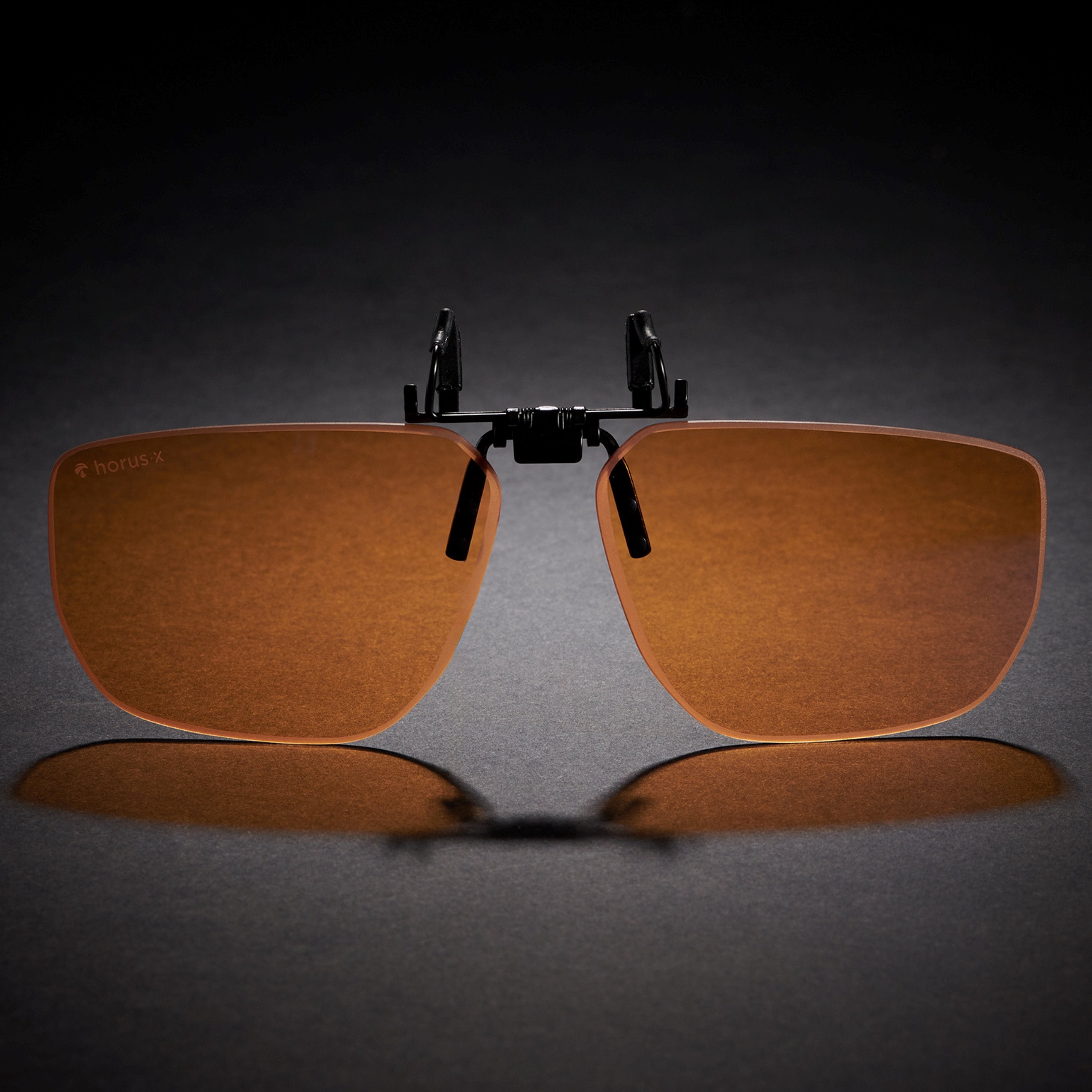
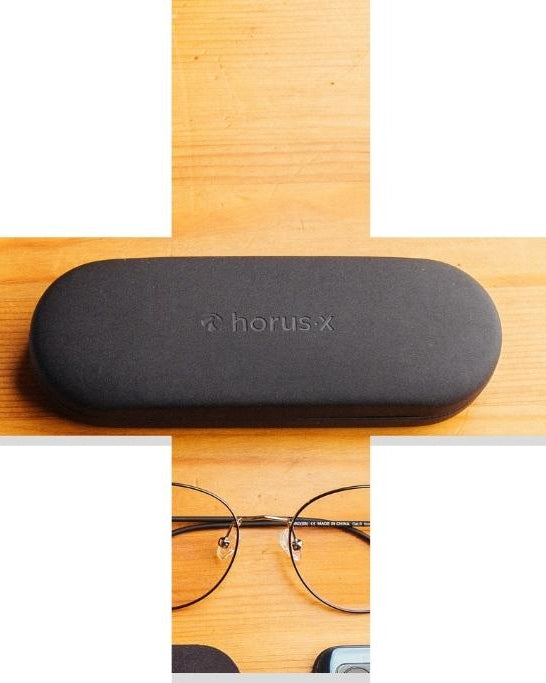
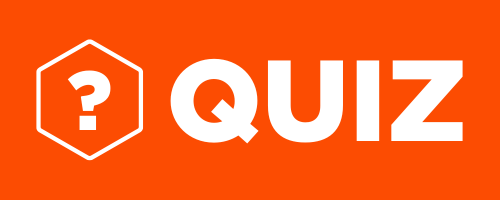


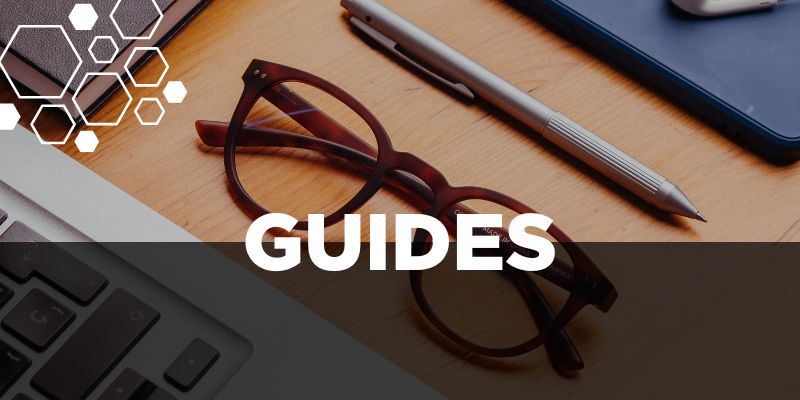
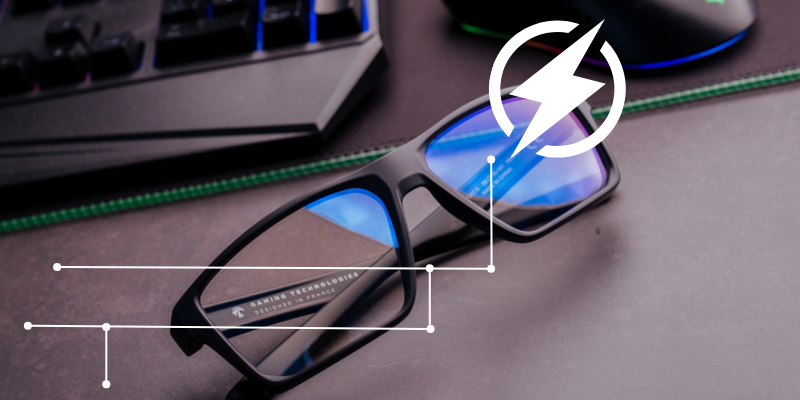


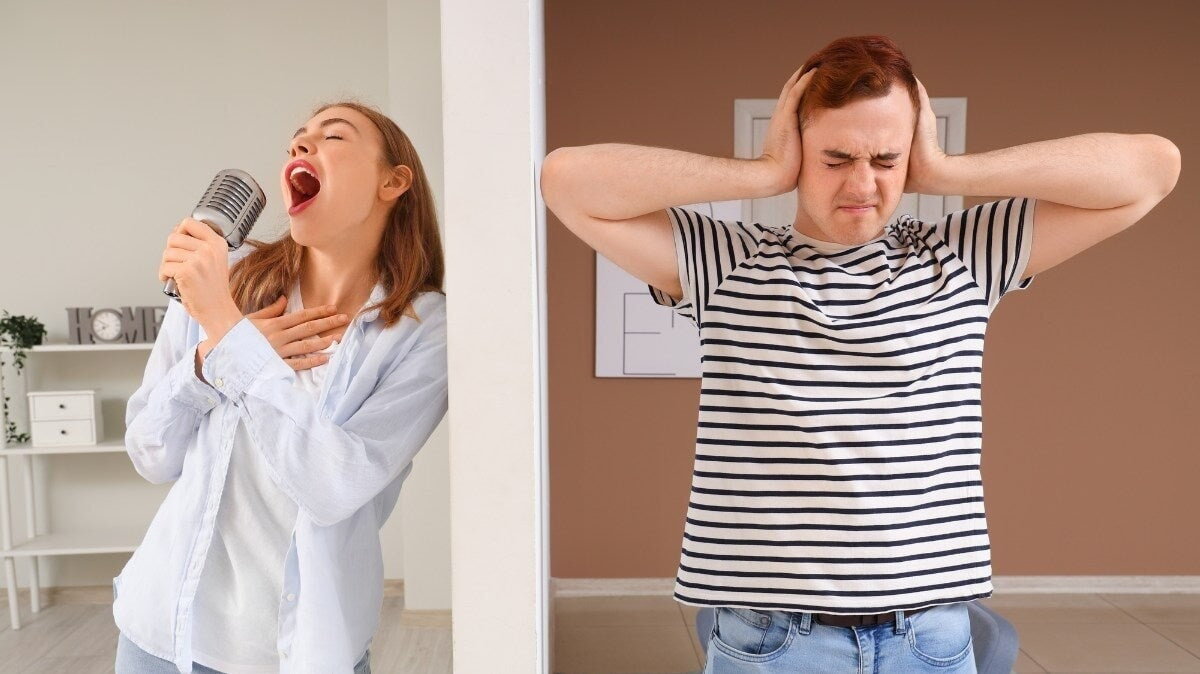

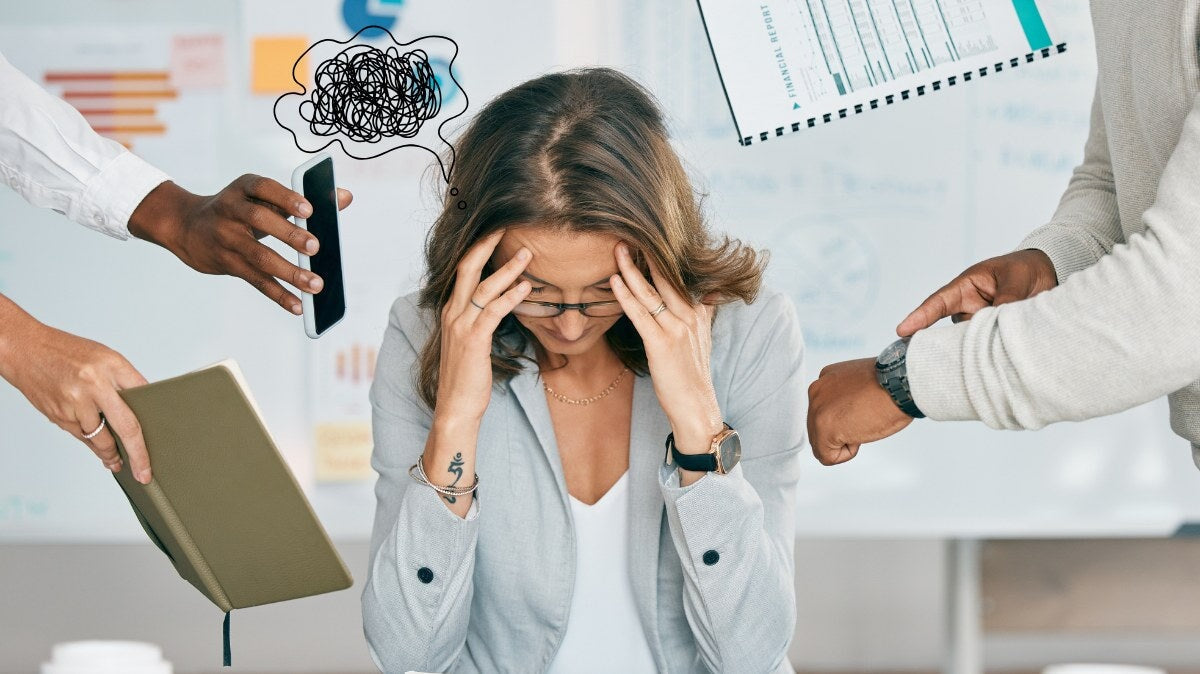
Comments
Grand merci à vous pour vos conseils. Très gentil. Je veux des conseils au niveau de la nourriture pour car les chocolat me donnent des maux de tête.